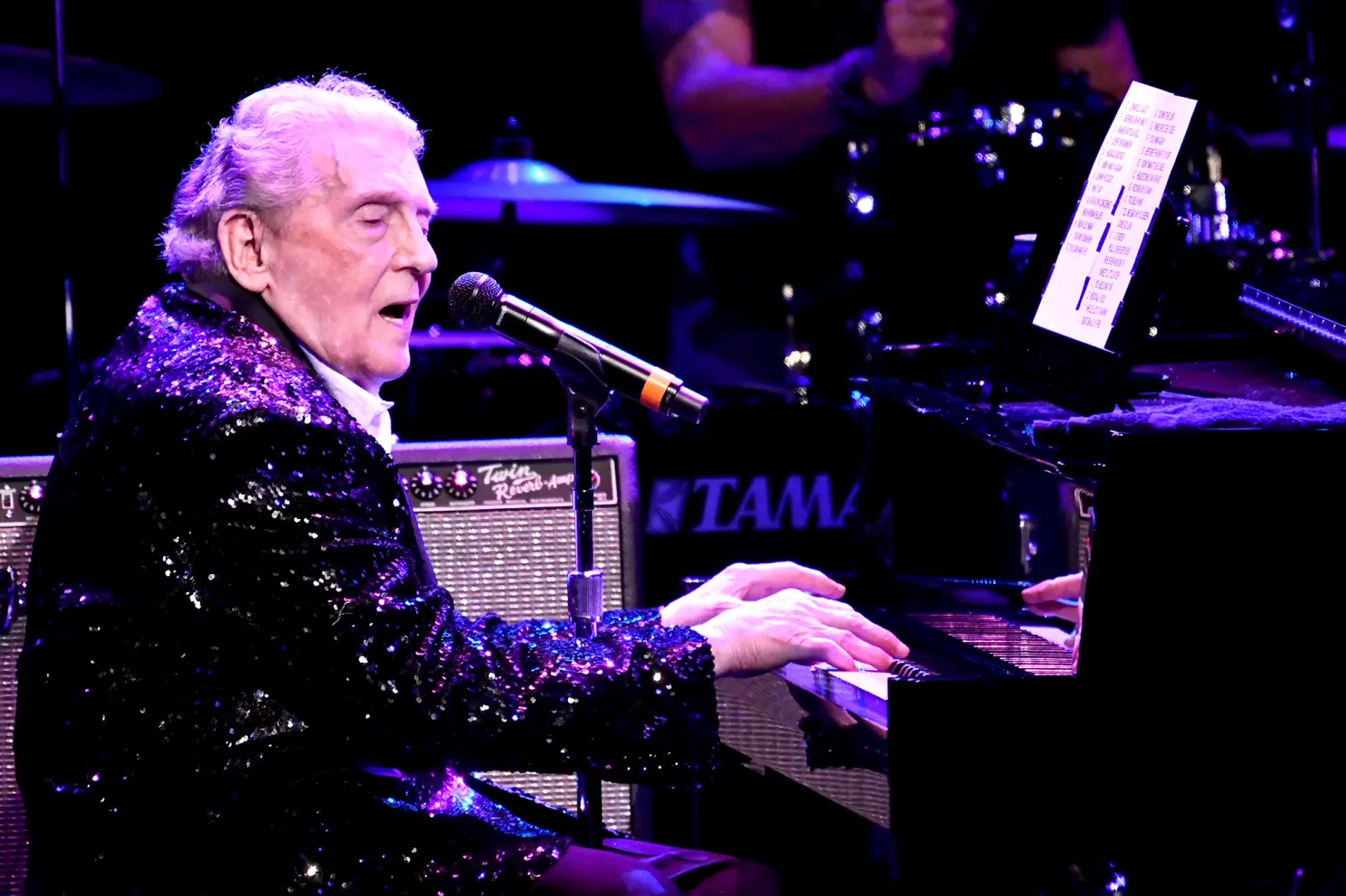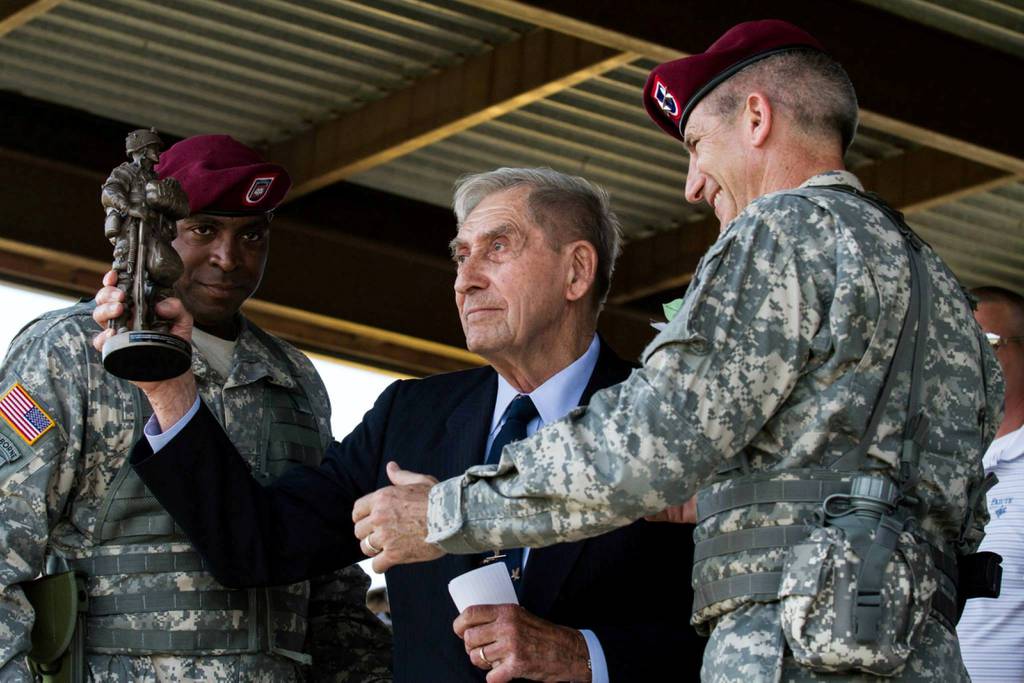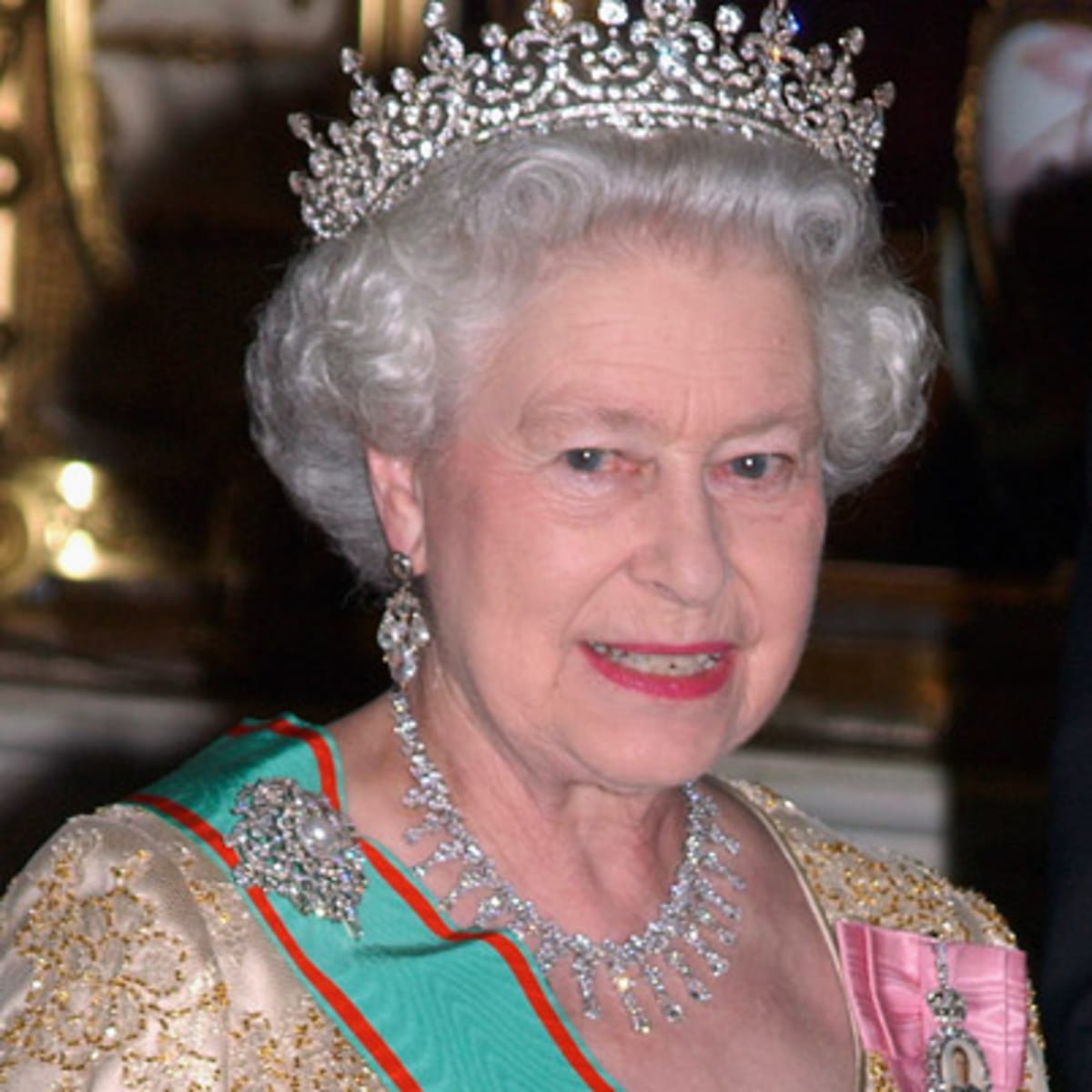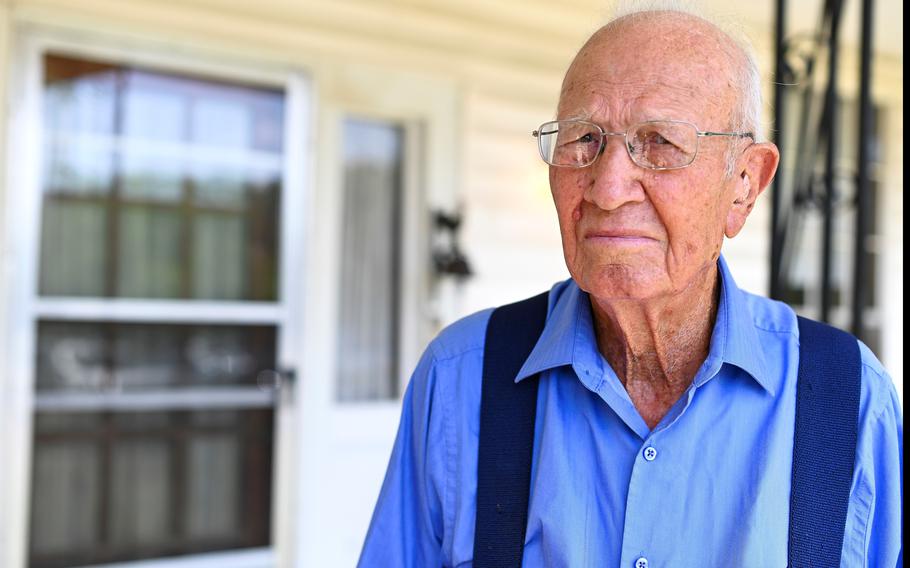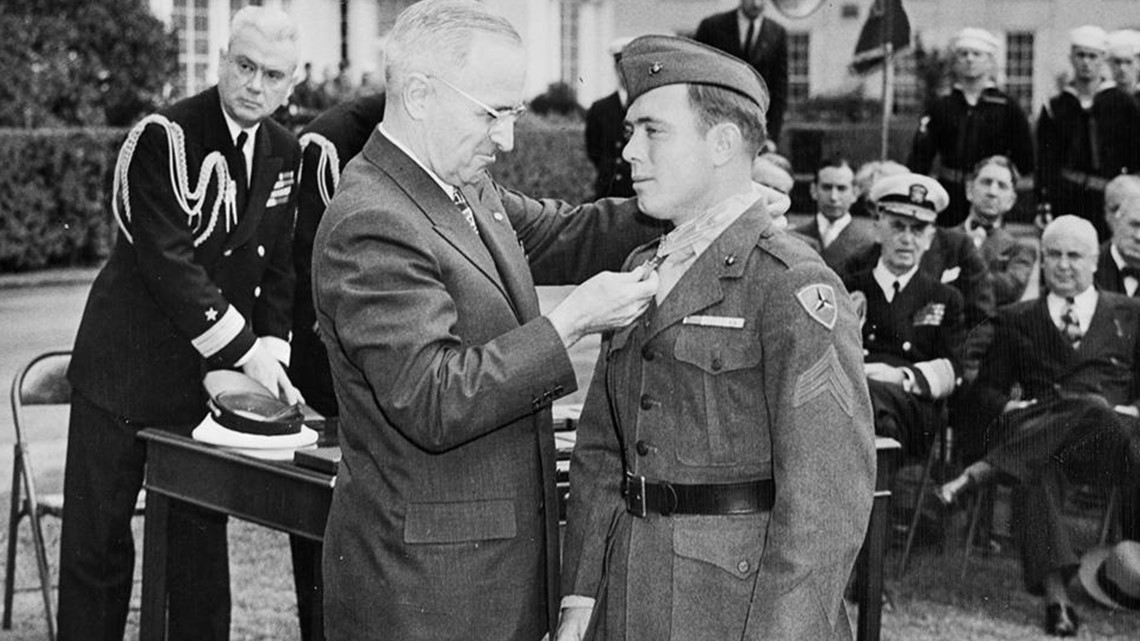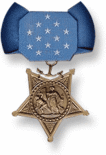Frankly, I am astonished someone who actually enjoys baseball has not posted this.
Goodbye to the Greatest — RIP Vin Scully
Larry Thornberry for The American Spectator
It was hardly a surprise, after all he was 94, but the news of Vin Scully’s death Tuesday brings great sadness nonetheless. He was a great broadcaster and a great man who loved baseball, the Dodgers, his family, his country, his God, and the English language, which he deployed better than just about anyone on the planet. America is much diminished by his loss. But what a blessing to have had him for so long.
Scully turned Dodger baseball games into broadcast destinations for an almost incomprehensible 67 years — 1950 to 2016 — a career that lasted from Don Newcombe to Clayton Kershaw, with stops along the way for Sandy Koufax and Don Drysdale. Over the decades, hundreds of Dodger players came and went, as did field managers, GMs, even owners. Heck, the Dodgers even swapped coasts, moving from Brooklyn to Los Angeles in 1958. But the constant over the decades was Vin Scully, sharing his almost encyclopedic knowledge of baseball history with fans as he described the games and entertained with polished baseball stories he managed to fit around the action. The luxurious pace of baseball not only allows for storytelling but almost requires it to bring a game fully to life. And Vin was one of the best storytellers ever to draw breath.
It wasn’t the duration of his career but the quality of his civilized, one-of-a-kind style and voice that made him beloved by millions. Ninety percent of young sportscasters at the beginning of their careers want to grow up to be Vin Scully. The other 10 percent lie about it. And the many privileged to have heard this craftsman at work have no trouble understanding why.
Scully’s presentation was eloquent, elegant, almost poetic, with fine turns of phrase, but always accessible. Nothing of the lecturer about him. He was always conversational. He had the sense of timing and drama that allowed him to give listeners the full impact of the moment without yelling or hype.
Vin didn’t need a color guy, an analyst, or any of the other supernumeraries that now crowd broadcast booths to help paint a word picture of the game. For the back half of his career, Vin almost always worked alone, unheard of today. He went solo not out of vanity but because he wanted to talk directly to those listening to the game, not to someone else in the booth. So his broadcasts sounded like one man talking to friends watching the game with him and sharing anecdotes and jokes. A one-sided conversation for sure, but a most pleasing one.
But we needn’t rely on my puny powers to describe what Vin’s work was like. Thanks to online clips, we can go to the man himself. Let’s start with his celebrated call of Kirk Gibson’s dramatic walk-off home run in the first game of the 1988 World Series. Notice how after Gibson’s shot leaves the park Vin remains silent for a full minute or so. Not because he couldn’t think of anything else to say, but because he understood the uses of silence. There was nothing that needed to be said at that time. The roaring crowd and Gibson circling the bases while Dodger players went crackers were telling the story at that moment.
Here, Vin’s voice is about as excited as it gets when Henry Aaron hit his 715th home run, eclipsing Babe Ruth. Again, there is appropriate silence after the ball leaves the yard, followed by Vin putting the event into social as well as baseball context.
Another of Scully’s triumphs is his call of the final inning of Sandy Koufax’s perfect game in 1965. This would have been a fine piece of writing when the writer had time to rewrite and polish it. But Vin came up with this, and so much else, pitch-perfectly at the moment, off the top of his head.
More recently, here’s Vin’s call of Clayton Kershaw’s no-no in 2014, just two years before Vin retired. It’s clear enough here that both Vin and Clayton have plenty of game. And Vin still had game when he made his final call in a Dodgers-Giants game from San Francisco. Here it is.
Vin’s humor and apt observations came more out of situation than straight joke-telling. In a game he called where Cardinal pitcher Bob Gibson was dominating (no surprise there), Vin called our attention to how quickly Gibson worked by saying, “He pitches like he’s double-parked.” We get a taste of Vin the philosopher from when he told listeners that outfielder Andre Dawson “has a bruised knee and is listed as day to day.” He took a beat and added, “Aren’t we all?” Just so. And Vin couldn’t always resist a pun. When the Philadelphia Phillies had a classy double play combination of Bobby Wine at shortstop and Cookie Rojas at second base, Vin referred to “the plays of Wine and Rojas.”
Early in his career, Vin was mostly a local voice, first in Brooklyn and then in Los Angeles. This was no small matter as generations of Angelenos and others in Southern California fondly remember summer nights with Vin and the Dodgers on the radio or television. Many of these people became Dodger fans because of Vin’s broadcasts. But when he worked national network games, including All-Star and playoff games as well as 25 World Series, he developed a national following. Honors followed. In 1982, he was elected to the broadcasters’ wing of the Baseball Hall of Fame. In 2009, the American Sportscasters Association made it official, selecting Vin as No. 1 on its list of the “Top 50 Sportscasters of All Time.”
I became of fan of Scully’s after I’d heard his work on national games. When cable came along and Dodger games became available in Tampa I always tried to tune in to hear Vin’s call of a game I might not otherwise have been interested in. As Dodger games from the left coast start at 10:10 eastern, I wasn’t always awake for the ninth inning. But that wasn’t Vin’s fault.
For all the honors bestowed on him, and all of the adulation that came his way, Vin always remained humble and gracious toward fans, saying to them in his farewell, “I’ve always needed you more than you needed me.” He was always upbeat, saying countless times how blessed he was, even though there was heartache in his life. His first wife died of an accidental overdose of prescription medicine and a son died in a helicopter crash. His second wife, Sandi, to whom he had been married for 48 years, died last year of ALS. Through it all, Vin prevailed with the help of his faith and his internal strength. Though not without tragedy, Vin’s was a long and well-lived life. A model for more than just wannabe sports announcers. He is already missed. And he can’t be replaced.
RIP Redhead. Thanks for so many great memories. And thanks for exemplifying so many things that are good about baseball, about America, and about life.




